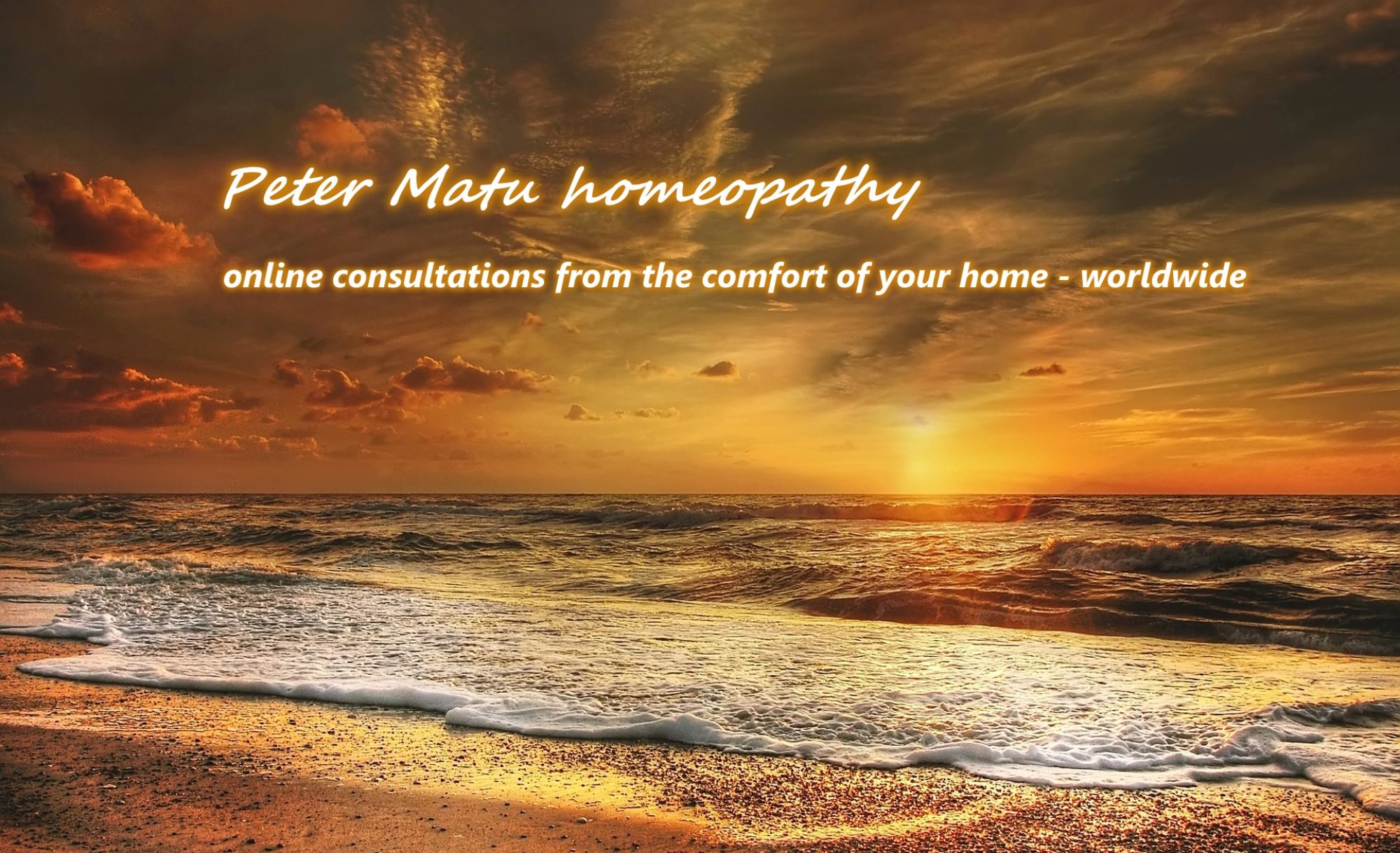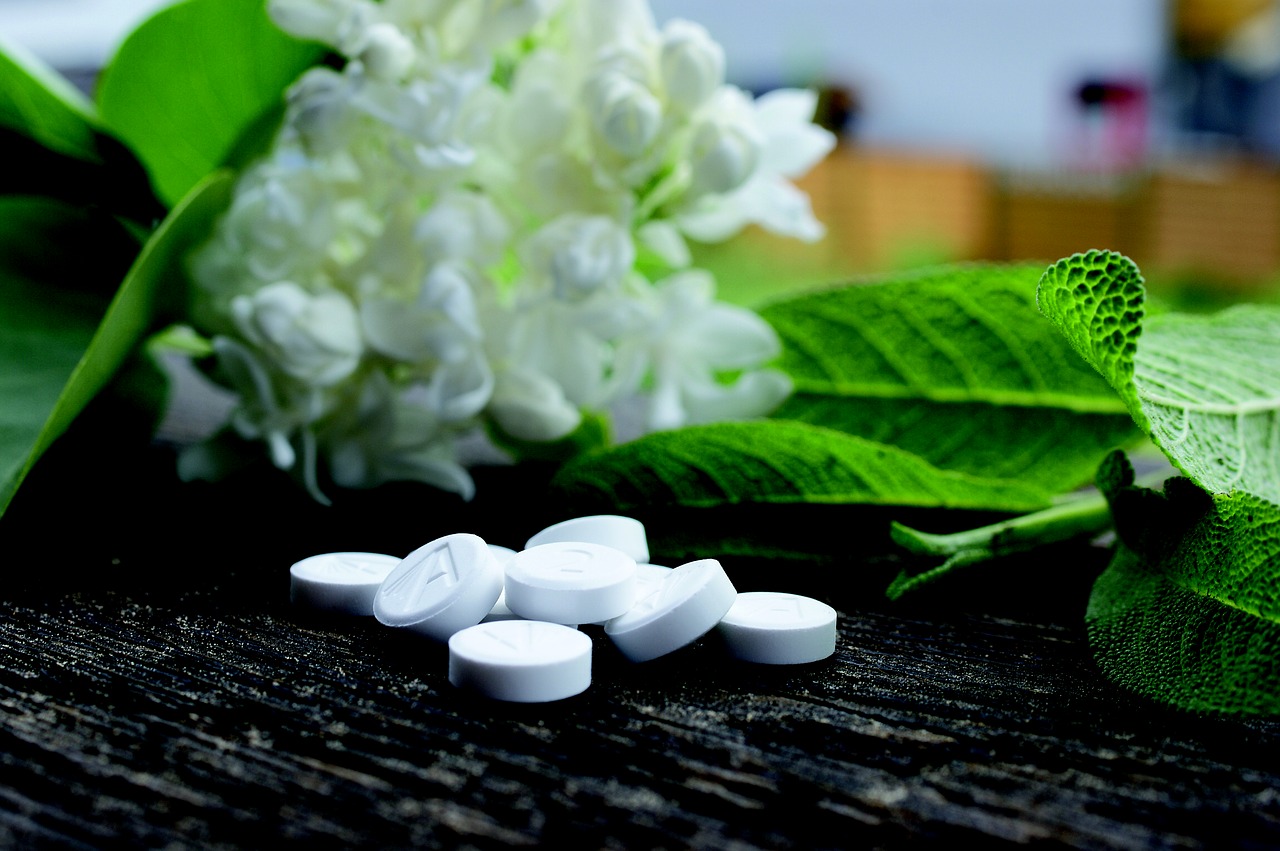A brief history of Homeopathy
Homeopathy was developed and founded by a German physician Samuel Hahnemann (1755-1843), who grew up in Meissen. Hahnemann was dissatisfied with the medical practices of his time. He discovered that illness could be treated with very small amounts of the substance that, in larger quantities, caused it. Although the idea that “like cures like” (similia similibus curentur) can be traced back to the Greek physician, Hippocrates (460-377BC), it was Hahnemann who developed it into a system of treatment. The term “Homoeopathy” originated from the Greek words “Homoeos” and “Pathos” which means “similar” and “suffering or disease” respectively.
Homeopathic remedies
Homeopathic remedies are made from natural sources – animals (milk/venom), plants, minerals, gem stones… But they can be also prepared from synthetic materials (drugs etc.). Homeopathic preparations are made by using a process called homeopathic dilution/trituration and succussion. Soluble substances are dissolved in alcohol and then repeatedly diluted and succussed (shaken). Insoluble substances are triturated (ground up) with lactose/sucrose. We have now more than 8000 homeopathic remedies at our disposal to help suffering people and animals.
If you want to know more how are homeopathic remedies made then please watch this interesting short video:
So what is that thing called “Homeopathy”?
The most sincere answer to this question would be: “We don’t exactly know yet because we are only somewhere at the beginning of our exploration of this mythical and fascinating art of healing called “Homeopathy”.
Homoeopathy is 200 years old and is one of the most widespread non-conventional approaches to treatment known to the world. Homeopathy is definitely one of the most popular healing systems in the world and its popularity is growing – more than 200 million people worldwide use Homeopathy on a regular basis*. It is because Homeopathy is all-natural, safe, effective, non-toxic, gentle, it has no harmful side effects. It is not tested on animals and is environment-friendly. It can be used also in pregnancy and during breast-feeding. No wonder it is so easy to fall in love with Homeopathy.
So what is Homeopathy? Although there is no simple answer to this question I will do my best to explain and give you at least a rough idea about Homeopathy and to keep it very simple and short:
Homeopathy is a healing system that stimulates your own abilities to heal. The most important thing to note is that Homeopathy is not a physical medicine! Homeopathy is in fact an information-energetic medicine that acts deeply at all levels of health. A homeopathic remedy triggers the body’s own healing forces (vital force). Of course, this is a very simplified explanation – the theory and philosophy of homeopathy is far more complex. We don’t exactly know how the information from the remedy source is transferred to the remedy and then to human energetic system. We only have theories and the most recent one is very promising: nanoparticles. Please read more here if you like:
https://www.ncbi.nlm.nih.gov/pmc/articles/PMC3570304/
Homeopathy is often wrongly labelled as non-scientific but that is not the case and in fact we have hundreds of scientific studies at our disposal providing sufficient evidence that Homeopathy works and is scientific:
But the most important thing for you is that Homeopathy can help and treat a huge variety of both acute and chronic diseased, including mental health complaints and emotional trauma. We don’t necessarily need to understand everything – in our homeopathic discoveries we are still at the very beginning of our journey…
The most effective way of dealing with any chronic (long lasting or recurring) ailments is constitutional prescribing. It takes into account not only the patient’s current symptoms of his diagnosis (health problem) but also the patient’s individual way of coping with the disease. A homeopath will select a homeopathic remedy for the patient during a homeopathic interview/consultation. The homeopath will ask many questions about the patient’s medical history and all relevant and related symptoms, but will also ask about the patient’s life style, medical history, appetite, digestion, dreams, relationships and emotional state and many other aspects of one’s life. Homeopaths try to look at the whole picture (all pieces of the mosaic) so they are interested in many various symptoms and details. This helps them to select a precise remedy called – similimum – a deep acting remedy that should help to alleviate the patient’s discomfort and improve his overall health and wellbeing.
References:
Wikipedia
*https://www.hri-research.org/resources/essentialevidence/use-of-homeopathy-across-the-world/

